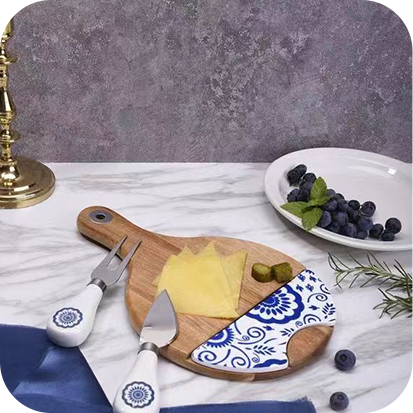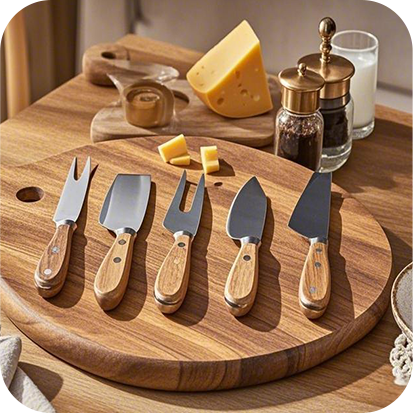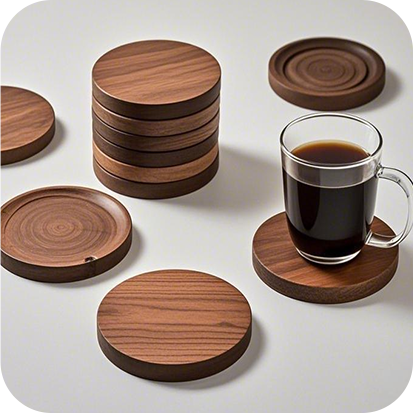Key Considerations for Formaldehyde Compliance in Wooden Cutting Board Manufacturing
Key Considerations for Formaldehyde Compliance in Wooden Cutting Board Manufacturing
As consumers become increasingly concerned about the safety of kitchen products, manufacturers of wooden cutting boards face growing pressure to ensure low-emission, food-safe solutions. One of the most pressing concerns is the presence of formaldehyde, a potentially harmful chemical used in certain adhesives and processing methods. Compliance with formaldehyde regulations is essential for legal, ethical, and marketability reasons—especially when exporting to regions with strict chemical safety standards.
This article explores how manufacturers can proactively address formaldehyde compliance, highlighting key process considerations, certifications, and material selection best practices.
1. Material Sourcing: Selecting Low-Emission Components
The foundation of compliance starts with selecting the right materials. Adhesives, coatings, and even the wood type can significantly impact the level of formaldehyde emissions. Manufacturers focusing on NSF certified flexible design Acacia wood BBQ chopping board products should prioritize low-VOC and formaldehyde-free glues and sealants.
Natural woods like acacia are often preferred not only for their durability but also for their lower natural emission profiles. Boards created with these materials can meet NSF and EU food contact regulations more easily.
2. Process Optimization for Safety
Manufacturing methods matter. Heat treatment, drying processes, and lamination techniques can all influence formaldehyde release. For instance, overprocessing or improper adhesive curing can elevate emissions.
Companies producing food approved Personalized Acacia wood Cheese board products must implement controlled production lines where temperature, pressure, and humidity are monitored in real time. Additionally, using automated adhesive application systems can reduce variability and overuse of bonding agents.
3. Onsite Testing and Quality Control
Integrating formaldehyde monitoring into the factory workflow enables early detection of compliance issues. Simple air sampling kits or portable spectrometers allow manufacturers to identify problems before batches reach the market.
Routine tests are especially critical for high-contact items like edible-safe Engraved Acacia wood Cheese board. Including such testing protocols in a company’s quality management system strengthens both product integrity and brand reputation.
4. Third-Party Certification: Proving Compliance
Certifications help assure buyers and consumers alike. Global certifications such as:
NSF (USA): Indicates compliance with food safety standards
FSC or PEFC: Indicates sustainable sourcing
REACH or RoHS: Relevant for the EU market
By obtaining these, manufacturers of sustainable food-safe custom Acacia wood Prep board can display compliance on packaging, improving credibility and customer trust.
5. Simulated Usage Conditions
Laboratory conditions don’t always replicate real-world usage. That’s why many manufacturers now perform accelerated life tests that mimic how products are used daily.
For example, microwave safe flexible design Acacia wood Acacia serving tray items must be tested under repeated microwave exposure, not just at room temperature. Such testing ensures that even under high heat and moisture, the materials won’t degrade or emit harmful chemicals.
6. Documentation and Traceability
Maintaining thorough documentation is essential for recalls, audits, or compliance reviews. Every component and supplier must be traceable, and testing reports should be archived.
Digital compliance platforms or ERP systems integrated with quality control modules are being adopted by top-tier manufacturers to streamline this process.
By designing for safety and compliance from the ground up, wooden cutting board manufacturers can create products that are not only functional and beautiful but also trusted by consumers around the world.
Need guidance on formaldehyde compliance in kitchenware?
Work with YangJiang Stellar Kitchenware—your partner in sustainable, certified wood product solutions.
📩 Email: info@justwoodencuttingboard.com
📱 WhatsApp: +86 183 1248 3616
READ MORE:
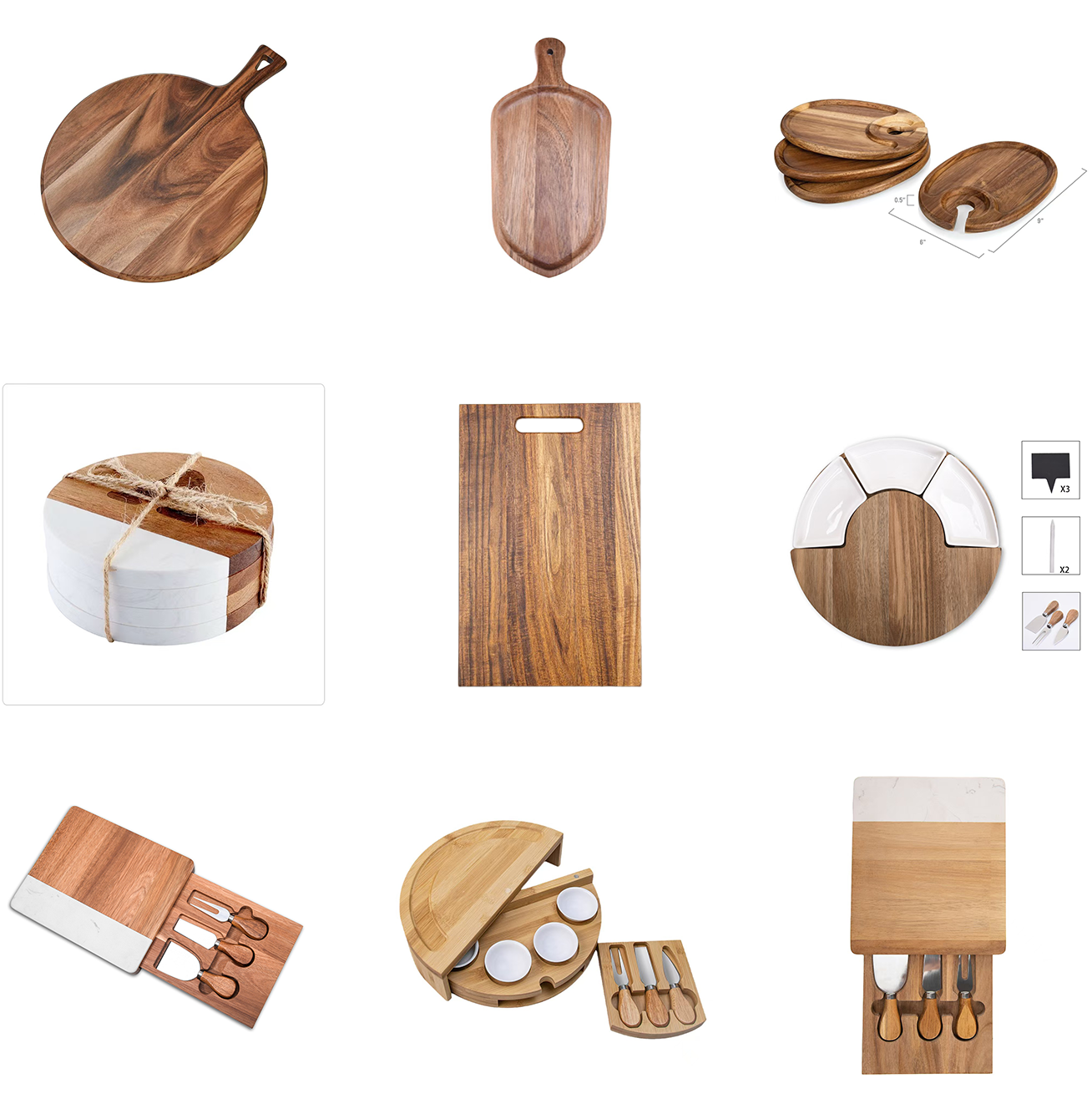
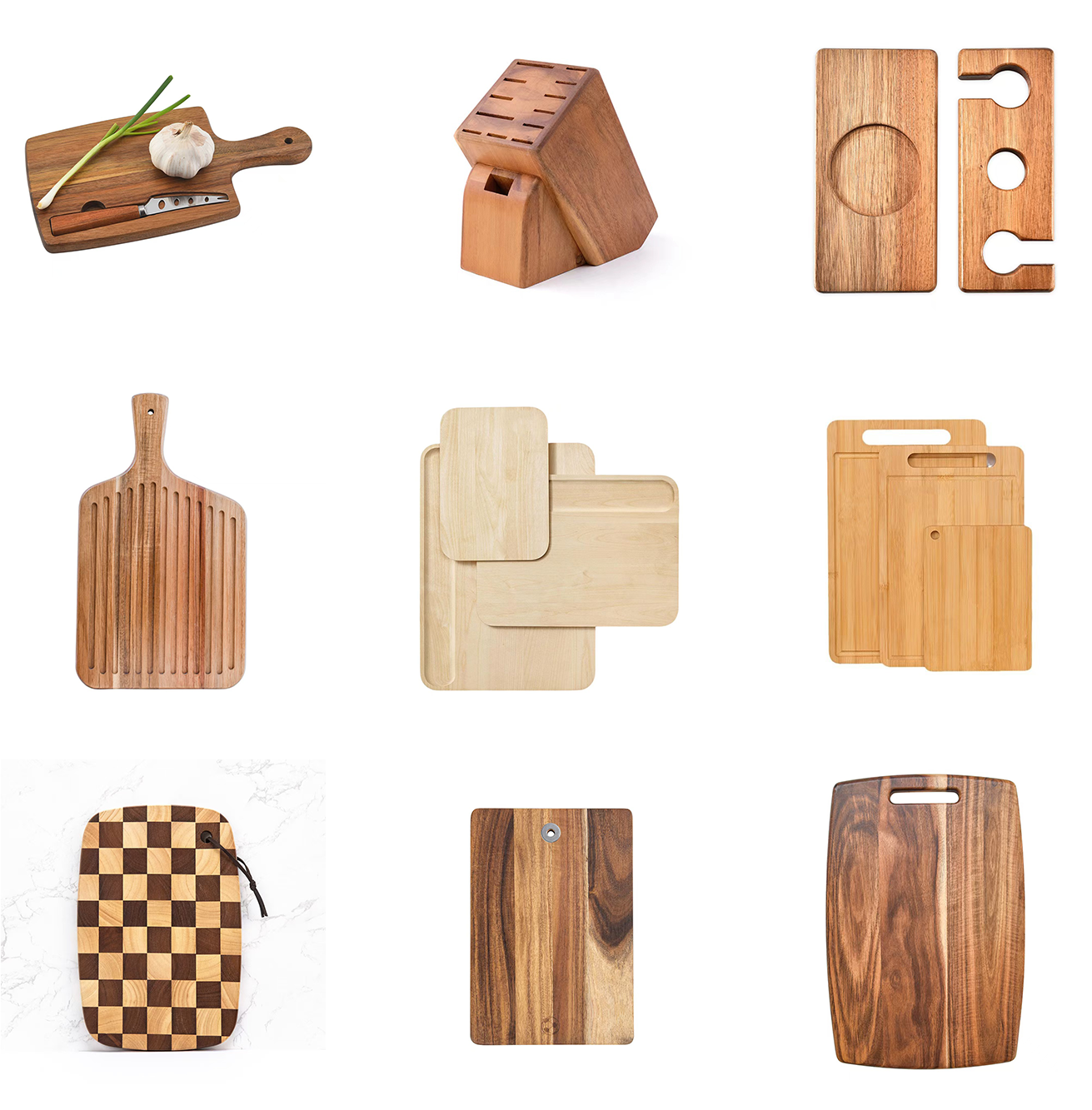
Yangjiang Cuthaven Kitchenware Co.,Ltd
Yangjiang Cuthaven Kitchenware Co.,Ltd.
specializes in the production and export of high-quality metal and wooden kitchenware. With over 16 years of experience in the industry, we have established ourselves as a trusted partner for businesses worldwide.















